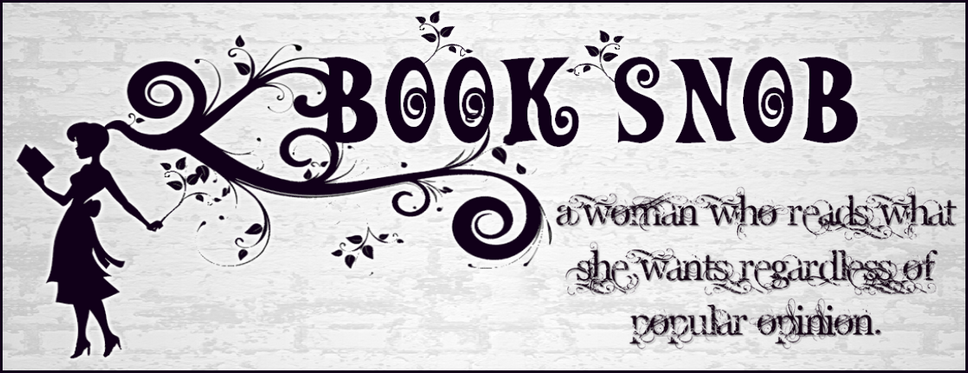Scott Parker is the author in the spotlight here on Booksnob for the month of July. I was lucky to be able to interview Scott on his life, his book and the sport of running. Welcome Scott.
1. Tell
us a little bit about yourself?
I like ice cream? My cat’s name
is Mavis?
2. What
inspired you to write Running After Prefontaine?
I used to write a lot
for books like Football and
Philosophy, Golf and Philosophy, Alice in Wonderland and Philosophy, and
others like that, but I missed out on Running
and Philosophy, which is the one that most interested me, so I sat
down to write my own essay collection on running.
As I worked on the book, I saw that it would work better as memoir.
3. Can
you tell us why or when you decided to become a writer?
I don’t know that it ever felt
like a decision. Over a number of years, I found myself writing more and more.
Eventually I accepted that someone who writes a lot . . .
4. Some
of us have never heard of Prefontaine.
Can you tell us who Prefontaine is and why are you running after him?
 He was a lot faster than I am. Steve
Prefontaine (or, Pre) is the iconic
American distance runner. He was known for being a gutsy runner and a showman.
He held many American records, won multiple national championships in college,
and placed fourth in the 5,000m at the 1972 Olympics. As good as he was, it was
his charisma that made him a star. He died in 1975 in a car accident with his
best running years still ahead of him. He’s been the subject of two biopics (one
of which, Without Limits, is very
good) that have helped him remain in the public consciousness. He’s an
inspiration to almost anyone who’s interested in track, and r
He was a lot faster than I am. Steve
Prefontaine (or, Pre) is the iconic
American distance runner. He was known for being a gutsy runner and a showman.
He held many American records, won multiple national championships in college,
and placed fourth in the 5,000m at the 1972 Olympics. As good as he was, it was
his charisma that made him a star. He died in 1975 in a car accident with his
best running years still ahead of him. He’s been the subject of two biopics (one
of which, Without Limits, is very
good) that have helped him remain in the public consciousness. He’s an
inspiration to almost anyone who’s interested in track, and r
really any American who runs
distances encounters his legacy. But that’s especially true for runners from
Oregon (where I’m from). Pre grew up on the coast there and ran for Bill
Bowerman at the University of Oregon. He’s a central part of why Eugene is
known as Track Town USA.
5. Do
you have to be a runner to enjoy your memoir?
I sure hope not. One thing I
should make clear here is that this isn’t one of those books where a great
runner summarizes his accomplishments. I’m a mediocre runner who enjoys running
for the meaning and sense of joy it affords. If you don’t like running, you
should see parallels to activities that do inspire you, whether that’s swimming
or dancing or painting or cooking. It’s one of the ongoing arguments of the
book that we should pursue activities in our life that do nothing but bring us
joy—but hearty joys that require work on our part, not passive joy like being
entertained by something electronic 24/7.
6. We
know you like to run, but do you like to read?
What authors or books influence you?
So many. I’ll stick to memoir and
mention just a few books that have been important influences for me: Dave
Eggers’s A Heartbreaking Work of
Staggering Genius; David Shields’s Enough
About You: Adventures in Autobiography; Debra Gwartney’s Live Through This; Poe Ballantine’s 501 Minutes to Christ; Mary Karr’s The Liars’ Club; Joan Didion’s The Year of Magical Thinking;
Nietzsche’s Ecce Homo. I could go on,
but those are some that come to mind.
7. Do
you have any advice to give to aspiring runners and/or aspiring writers?
My first instinct is to say no.
But if pressed I would advise runners to think about why you’re running and
what you hope to get from the sport. If it’s to win races, I don’t know what to
tell you. That’s never really been my aim. If it’s to look good naked, good
luck. If it’s to feel alive and playful and spontaneous and happy, what my book
tries to do is show you that that’s available to you too. The term I like to
use is the joy of running qua running. Running
can be challenging, it can be a form of self-improvement, it can also be tons
of fun. That’s what I want to remind people.
Aspiring writers: read lots.
8. How
many miles do you usually run in a year?
How many marathons?
I ran Grandma’s Marathon in
Duluth last month. Before that it had been over a year since my last marathon.
That’s about average for me. I’m on the every-once-in-awhile plan. My approach
to shorter runs is similar. I try to run no more and no less than I feel like
it, which ends up meaning I tend to run about once a week in the winter and
almost every day in the summer. That’s been my routine since moving to
Minnesota three-plus years ago. In Oregon it was much more consistent season to
season.
9. In
one sentence tell readers why they should read Running After Prefontaine?
It’s the best thing since toe
shoes.
Thanks Scott! If you are interested in winning a copy of Scott's book Running after Prefontaine. Click on the highlighted link: Running after Prefontaine Giveaway



